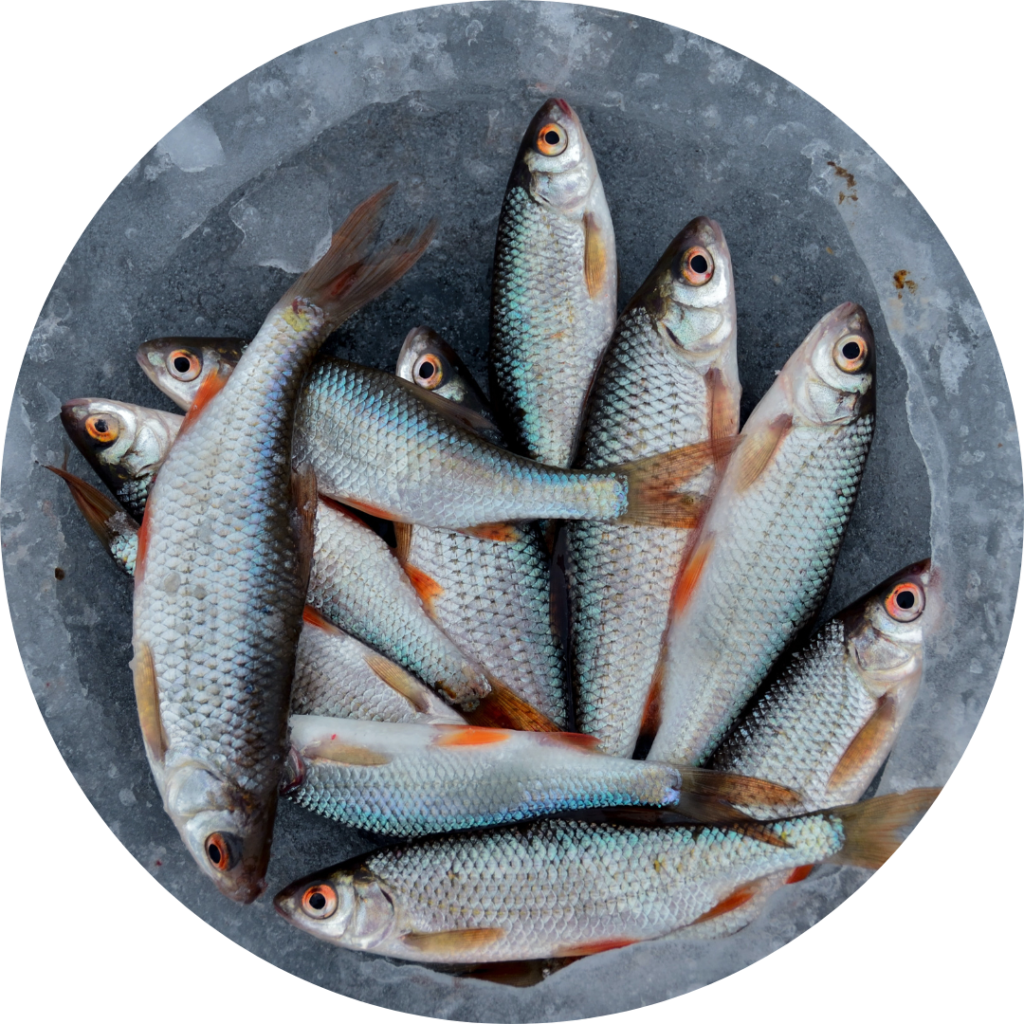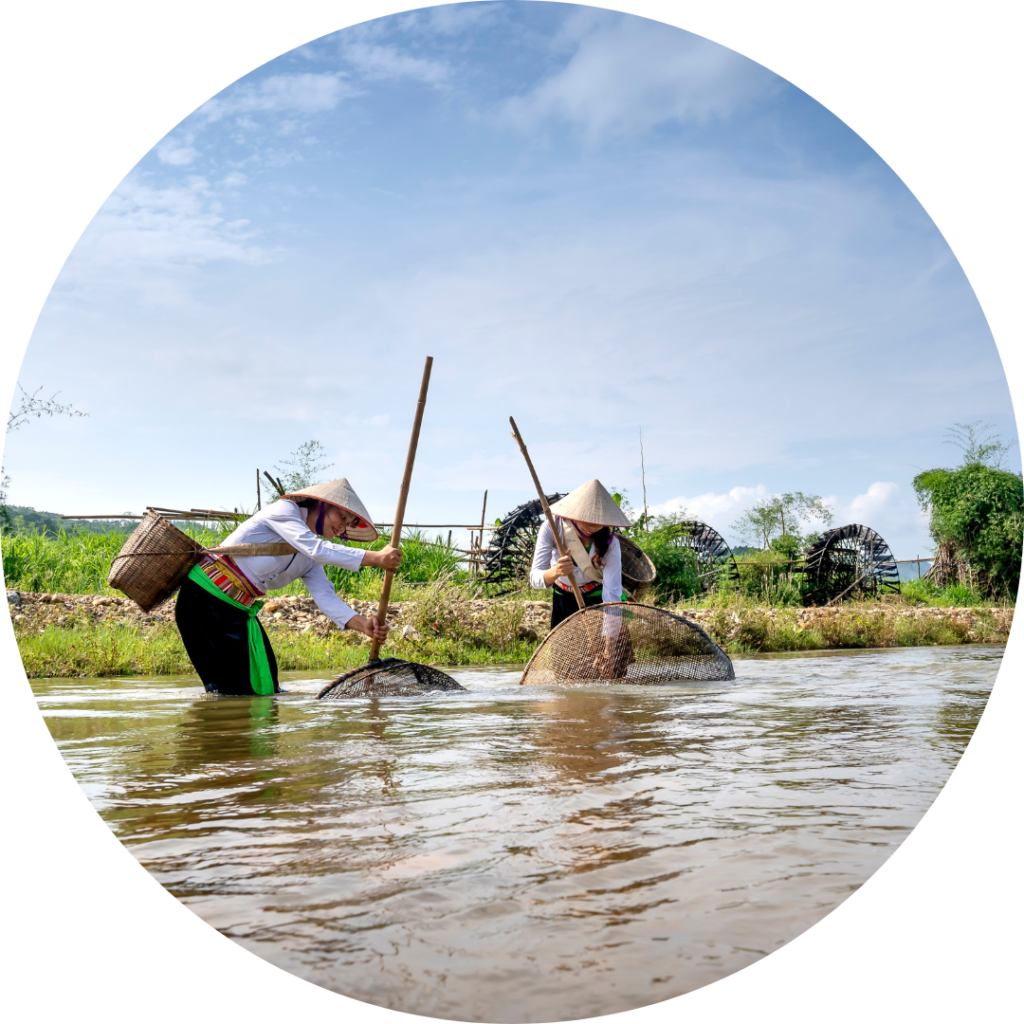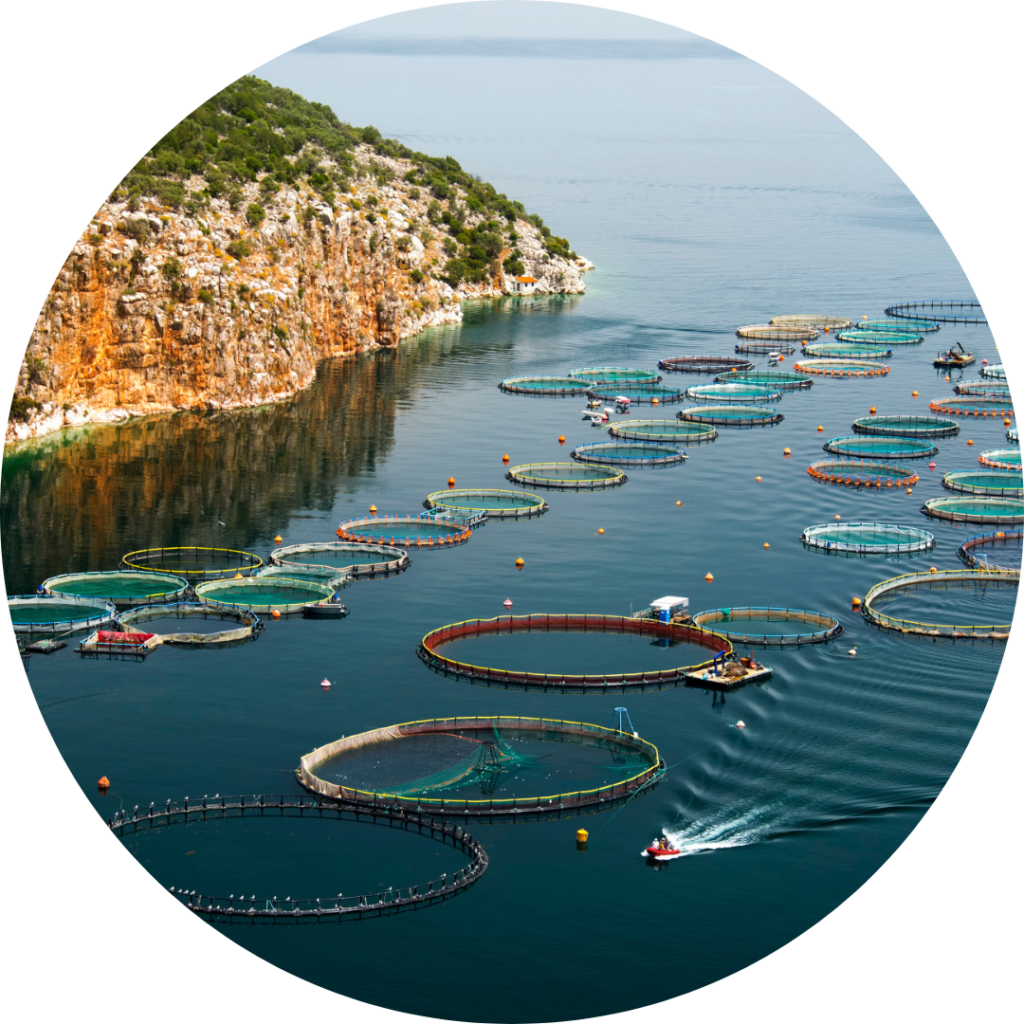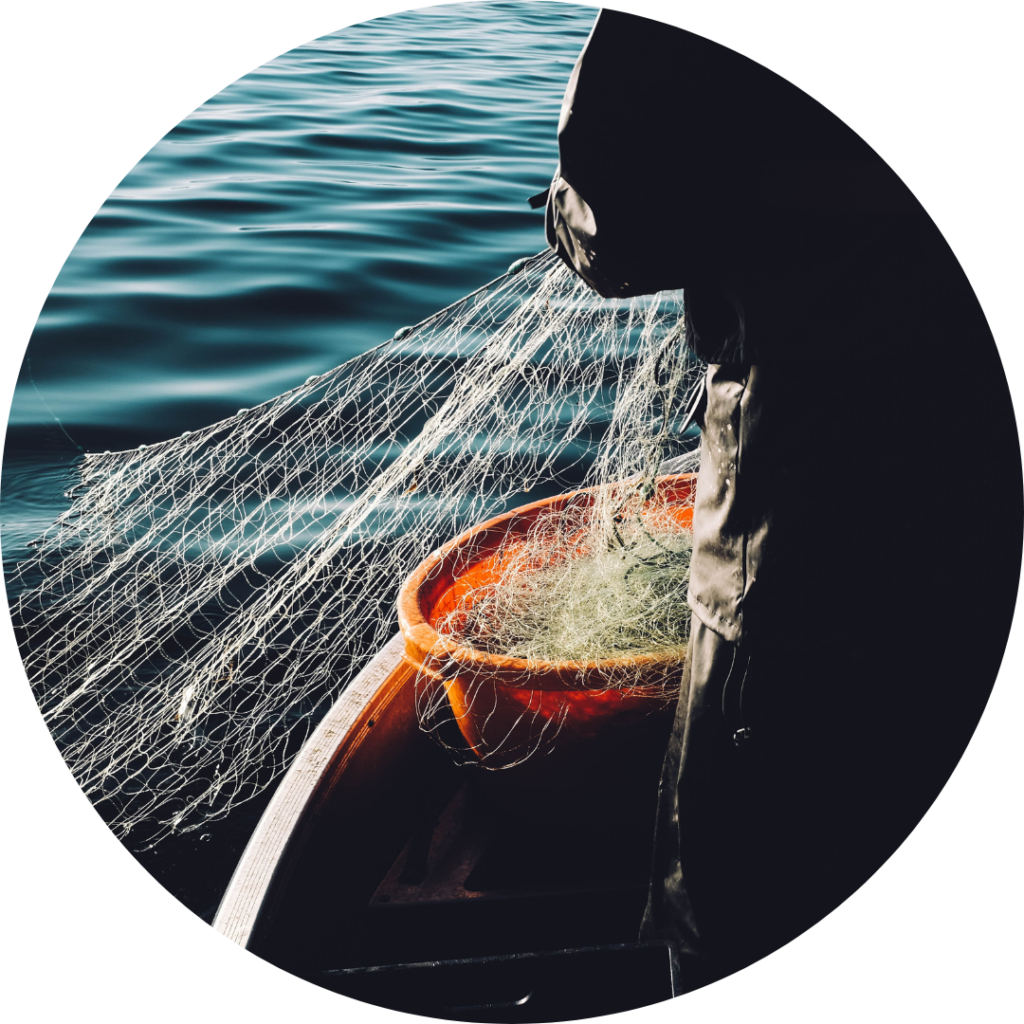The ocean covers 70 percent of the Earth’s surface, is the planet’s largest biosphere, and is home to up to 80 percent of all life in the world. It generates 50 percent of the oxygen we need, absorbs 25 percent of all carbon dioxide emissions and captures 90 percent of the additional heat generated from those emissions. It is not just ‘the lungs of the planet’ but also its largest carbon sink – a vital buffer against the impacts of climate change.
The science is clear – the ocean is facing unprecedented threats as a result of human activities. Its health and ability to sustain life will only get worse as the world population grows and human activities increase. If we want to address some of the most defining issues of our time such as climate change, food insecurity, diseases and pandemics, diminishing biodiversity, economic inequality and even conflicts and strife, we must act now to protect the state of our ocean.
The UN Ocean Conference (UNOC), co-hosted by the Governments of Kenya and Portugal, came at a critical time as the world is seeking to address the many of the deep-rooted problems of our societies laid bare by the COVID-19 pandemic and which will require major structural transformations and common shared solutions that are anchored in the Sustainable Development Goals (SDGs). To mobilize action, the Conference sought to propel much needed science-based innovative solutions aimed at starting a new chapter of global ocean action.
In October 2021, the UN Ocean Action newsletter highlighted the key role blue food will play in global food system transformation and meeting the SDGs. UNOC is a critical forum to discuss challenges and opportunities to achieving this transformation that is healthy and sustainable, as well as just.
Blue Foods at the UN Ocean Conference
Blue foods can play a central role in building more sustainable food systems and protecting the ocean. Policymakers at UNOC needed to make better choices that sustain blue food from oceans, rivers & lakes for both people and the planet. Members of the Blue Food Assessment team attended UNOC to support decision-makers in evaluating opportunities, tradeoffs and implementing solutions to build healthy, equitable and sustainable food systems.
Future of Food is Blue: Coalition Acts to Support Responsible Development of Aquatic Foods and Thriving Communities | Monday 27 June | 13:00-14:15 | Side Event Room 1

Leaders elevated the importance of climate smart blue foods in global food systems and in progressing the Sustainable Development Goals. Blue Food Assessment team members Shakuntala Thilsted and Jim Leape joined to discuss the growing Aquatic Blue Foods Coalition.
Aquatic Blue Food Coalition Networking Reception and Photo Exhibition Opening “Citizens of the Sea” | Monday 27 June | 17:00-19:00 | Centro Vasco da Gama Terrace

A reception and photo exhibition highlighted the important role of small-scale fisheries and aquaculture in ensuring that nature positive, just and equitable blue foods are available globally.
The Road to Sustainable Aquaculture | Tuesday 28 June | 13:00-14:15 | Side Event Room 1

This session explored the momentum building in the aquaculture sector for the development of more responsible practices framed by the SDGs. It brought together experts to discuss data tools and the development of a global roadmap that will guide the sustainable growth of aquaculture. Blue Food Assessment core team member Jim Leape joined as a panelist to discuss scientific findings from the Blue Food Assessment.
Blue Foods: Better Choices

A Twitter campaign on @BlueFoodFutures launched at the beginning of June promotes sustainable blue food production policies in lead-up to the UN Ocean Conference.
“Our challenge is not just to improve the performance of existing systems but, at the same time, to identify and develop systems that are intrinsically healthier and more sustainable.” – Jim Leape
Read “Better Choices for Blue Foods: Highlights from the U.N. Ocean Conference” >
Read the full UN Ocean Action newsletter blue food feature >
Learn more about the Blue Food Assessment #BetterChoices Twitter campaign >
